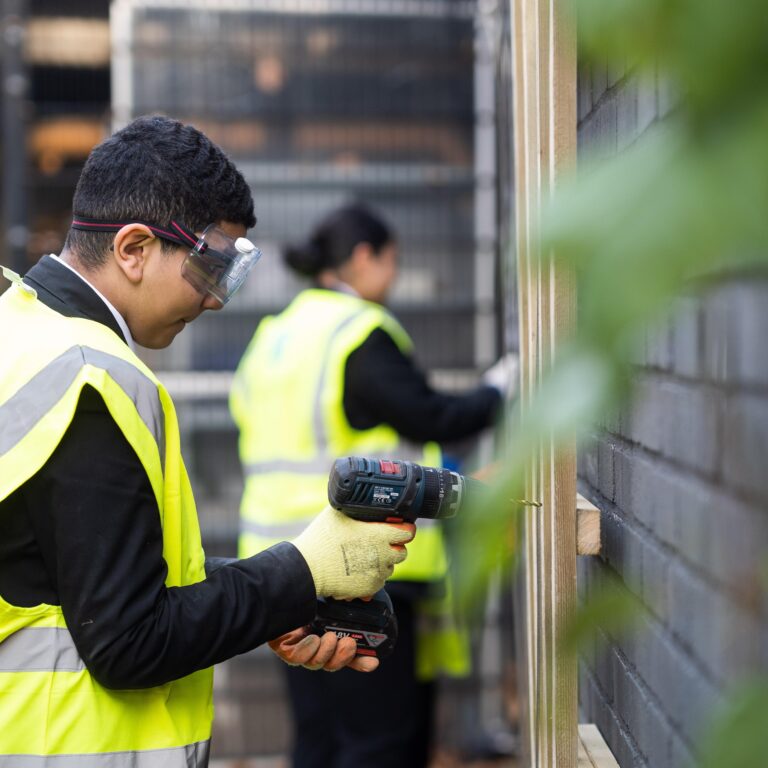Course content
Maths is one of the best subjects to help you develop your analytical, research and problem solving skills. Not only will studying maths help give you the knowledge to tackle scientific, mechanical, coding and abstract problems, it will also help you develop logic to tackle everyday issues like planning projects, managing budgets and even debating effectively.
Just as languages provide the building blocks and rules we need to communicate, maths uses its own language, made up of numbers, symbols and formulas, to explore the rules we need to measure or identify essential problems like distance, speed, time, space, change, force and quantities.
Studying Maths helps us find patterns and structure in our lives. Practically, Maths helps us put a price on things, create graphics, build websites, build skyscrapers and generally understand how things work or predict how they might change over time and under different conditions.
In this sense, studying Maths helps predict the future…


